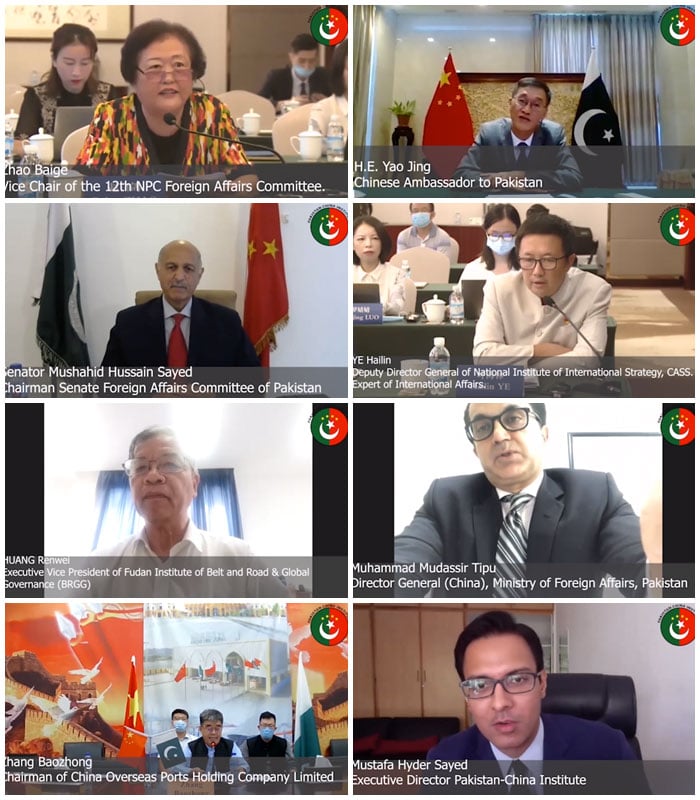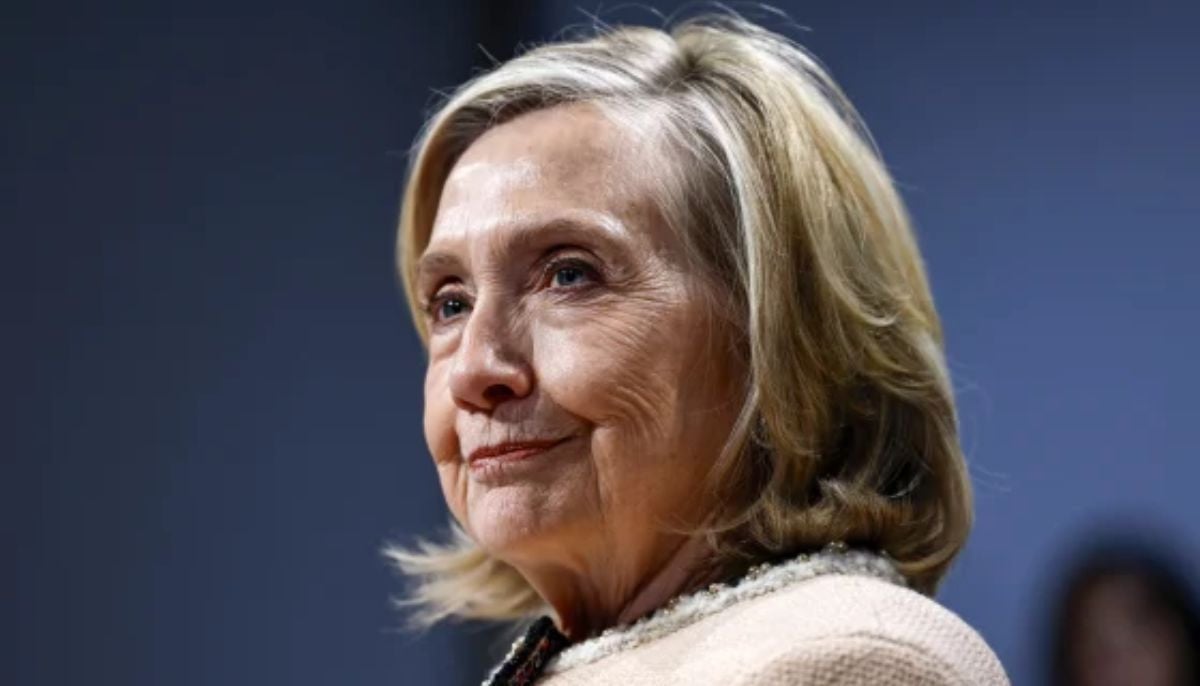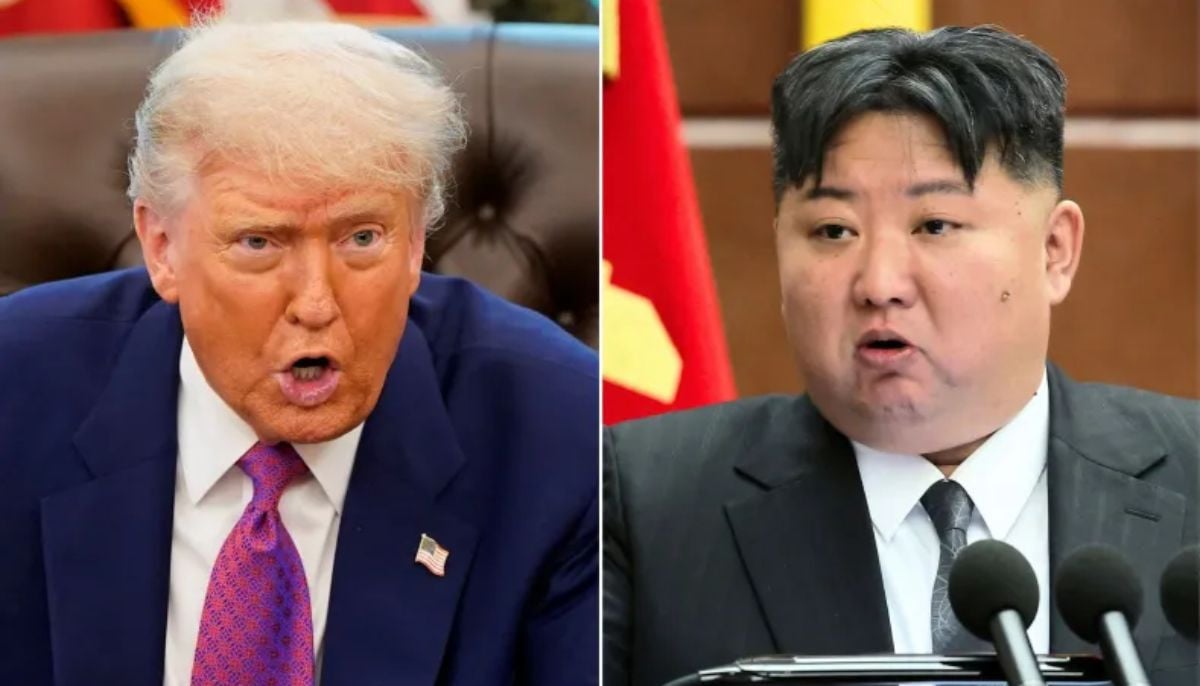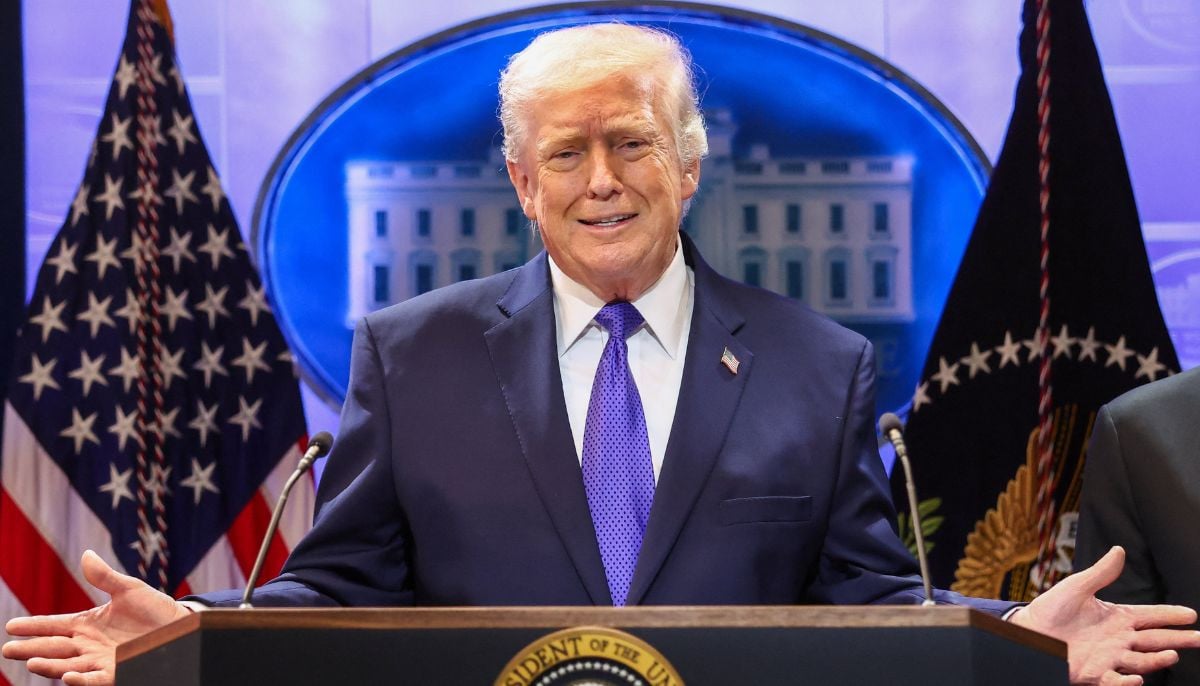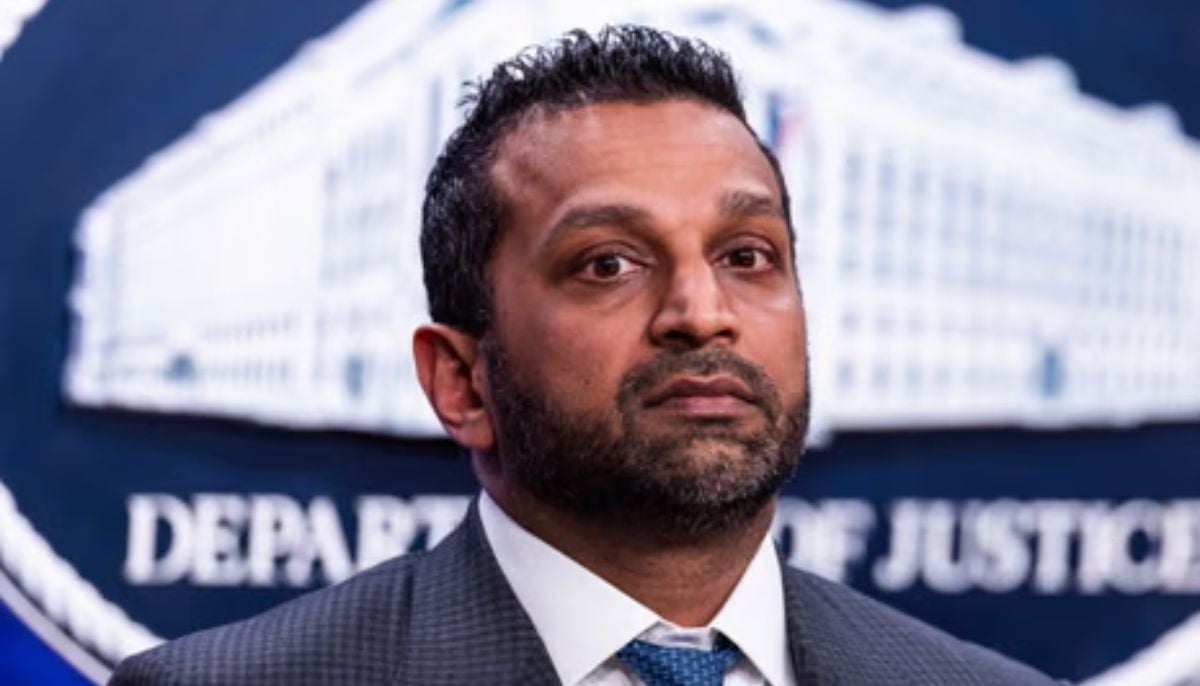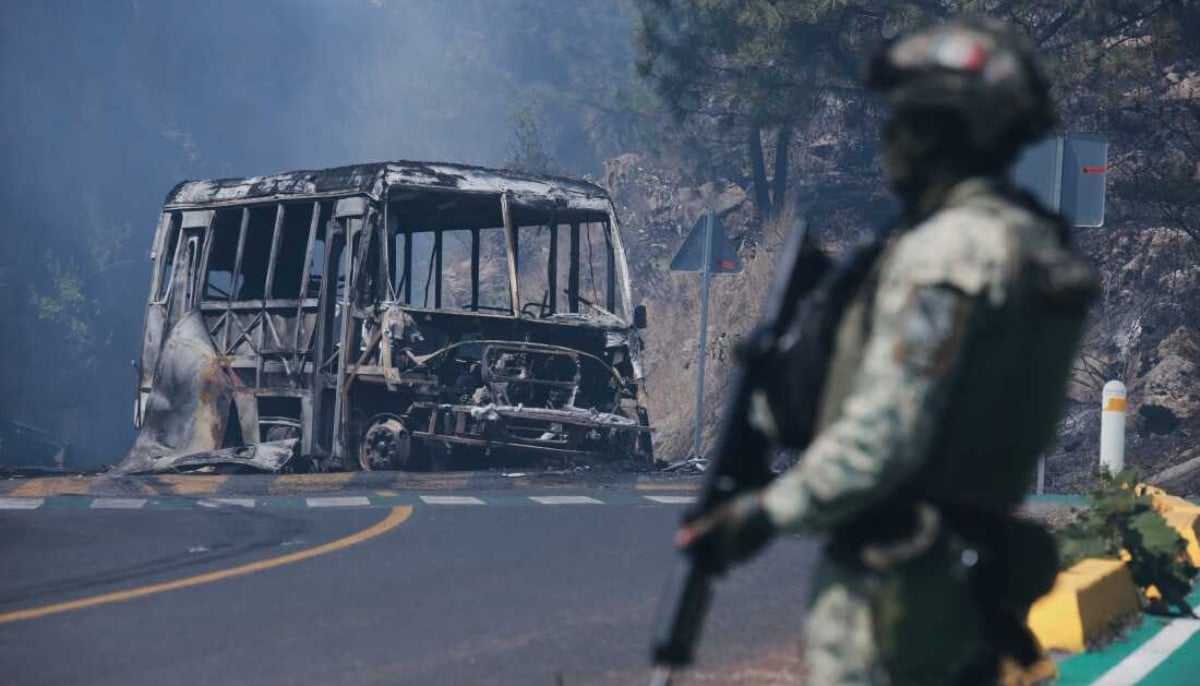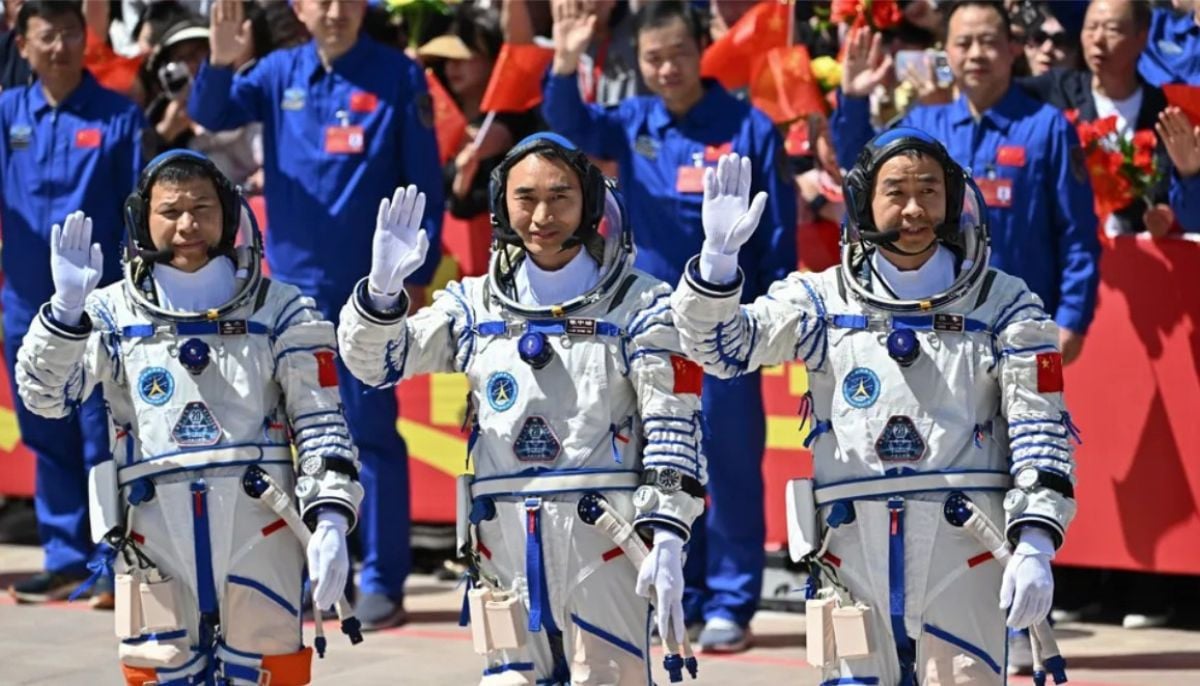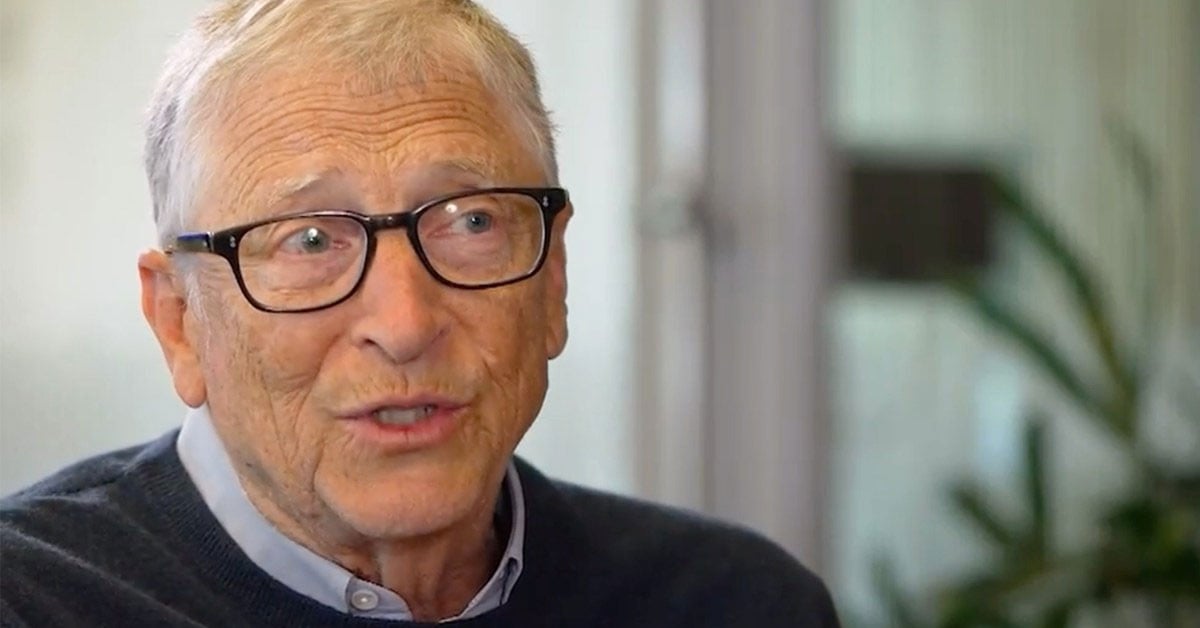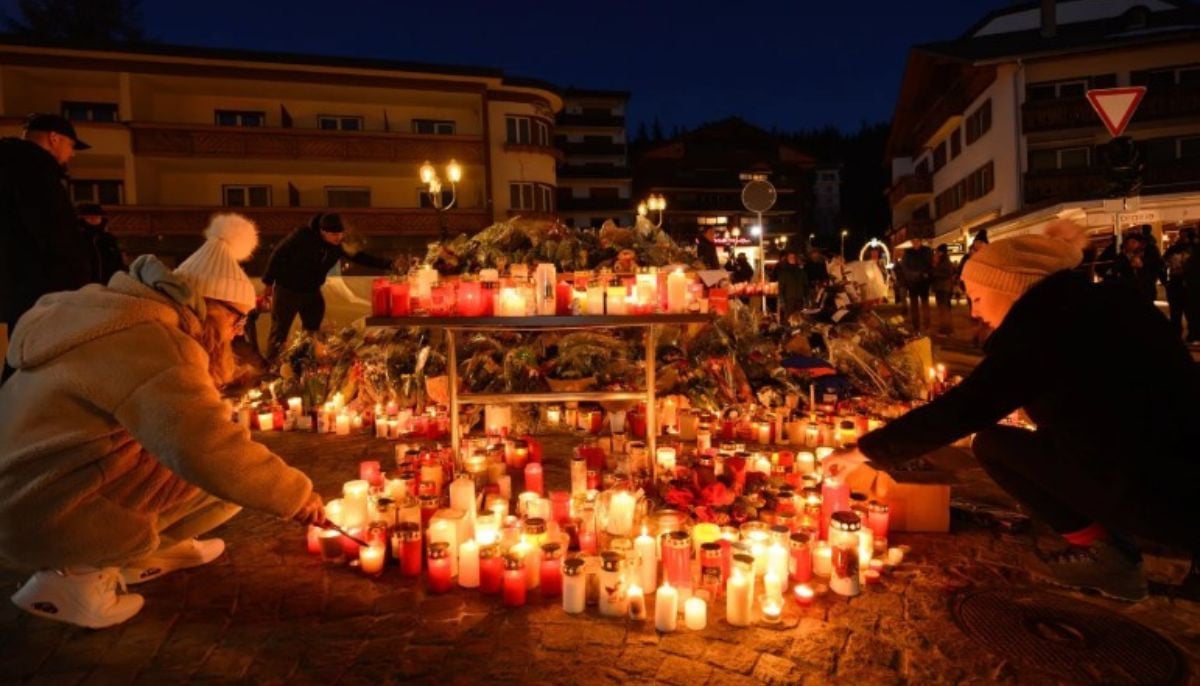No Pakistani labour working on CPEC projects laid off, webinar told
China's Jing Yao says CPEC on track, Senator Mushahid Hussain says coronavirus strengthened bilateral solidarity, COPHC head says no Pakistani sacked
ISLAMABAD/BEIJING: No Pakistani worker has been laid off by the Chinese companies working on the China-Pakistan Economic Corridor (CPEC), an official of a major Chinese firm working on projects in Gwadar told a webinar in Islamabad today.
Zhang Baozhong, chief of China Overseas Ports Holding Company Limited, said that neither did any Pakistani employee in any CPEC project lose their job during the coronavirus pandemic nor seen any cut in salary.
“All of the CPEC projects are free of COVID-19,” he added.
The Pakistan-China Institute (PCI) co-hosted a virtual meeting of government officials, entrepreneurs, and experts to discuss the post-coronavirus pandemic relationship between the two friendly nations in light of the China-Pakistan Economic Corridor (CPEC).
The webinar, titled "New Opportunities and Challenges of China-Pakistan Cooperation in the Post-Epidemic Era," had two keynote speakers, including Chinese Ambassador Yao Jing and Senator Mushahid Hussain Sayed.
In her opening remarks, Research & Development International (RDI) head and China's former population minister Dr Baige Zhao said President Xi Jinping’s speech on improving connectivity through the Belt and Road Initiative (BRI) at last month’s high-level video conference showed her country's will to start a new era of globalization.
The BRI, she added, would play a key role in promoting peace and stability.
‘$15 million COVID-19 grant’
Ambassador Yao Jing said he had been personally witnessing the cooperation between the two countries since the start of the coronavirus outbreak.
Pakistan’s assistance to China in February, when China was facing COVID-19 crisis, and President Alvi’s visit to China expressed Pakistan's solidarity with China, he said. Pakistan is the first country with whom China would share vaccine development research information, he added.
While talking about the CPEC, he said almost 13,000 Chinese technicians, engineers, and experts were working on related projects, which collectively employed over 60,000 Pakistanis. He also mentioned the Chinese assistance to Pakistan in the wake of COVID crisis, which is worth $15 million.
He noted that 10 chartered flights from China brought experts and equipment during COVID-19 so far and, upon the request of the Pakistan government, 1,000 more ventilators would be given to Pakistan by the end of this month.
The chairperson of the PCI as well as the Senate Foreign Relations Committee, Senator Mushahid Hussain, said coronavirus knew no borders and the ongoing crisis has strengthened the two countries' bilateral bond as both Pakistan and China supported each other’s core interests.
The pandemic is a common enemy of mankind and a common challenge to fight with, Hussain noted.
China has done a remarkable job in containing the virus by taking timely and efficient measures, the senator said, thanking China for its support to Pakistan.
While speaking about opportunities arising from the COVID-19 crisis, he said that the time had come to reset priorities, focusing on human security, human development, better hospital care, and climate change. In this regard, the BRI could be taken as a guiding tool to reach the combined goal of a shared future.
The balance of power, according to him, was shifting from the West towards the East. The Asian countries have contained the virus more effectively than Western countries.
People-centred approach
PCI Executive Director Mustafa Hyder Sayed said there were two events that were important to be mentioned in the webinar earlier today. One was the policy statement issued by President Xi Jinping during his speech at the World Health Assembly on May 18 and the second one the high-level video conference BRI in June.
There were some similarities in the key points that emerged from these events. Both talked about following a people-centred approach in devising the policies and China’s commitment to supporting debt relief given by the G-20 to the developing countries.
Moreover, these events highlighted the need to strengthen international cooperation and develop global health governance and COVID vaccines as a public good.
While talking about the opportunities arising from the health crisis, he said the government should focus on surgical goods, sports goods, and medical equipment as Pakistan had the capacity to make the best surgical goods in the world. China could help Pakistan in this regard as well.
Moreover, he termed the recent shift in Iran’s policy in regards to the CPEC a good omen for regional connectivity.
He also talked about the need for developing the skills of labour working on Special Economic Zones (SEZs) and the role that the private sector should play in the BRI's development. Chinese experience in developing SEZs could help the Pakistani SEZs succeed.
Director-General (DG) Foreign Office and the China desk's head, Mudassir Tipu, gave a rundown of the government's policies on Pakistan ties with China.
Also among the participants were Xin Jin, Director-General of China Center for Contemporary World Studies of the International Department of the CCCPC; Secretary-General of SRTA, Renwei Huang, Executive Vice President of Fudan Institute of Belt and Road & Global Governance (BRGG); Hailin Ye, Deputy Director-General of National Institute of International Strategy, CASS and an international affairs expert; Shakeel Ahmad Ramay, Director, Asia Study Center, SDPI, COPHS Chairperson Baozhong Zhang; Xiaorong SUN; Chairperson of the Wuhan Landing Medical HI-TECH Co., Ltd. Enterprise Representative of RDI Platform, Jianhang Liao, deputy general manager of CCCC-FHDI Engineering Co., Ltd., JW SEZ Group President Shah Faisal; Tallat Shabbir, Director, China-Pakistan Study Centre, ISSI, and Liaqat Ali Shah, Executive Director of Center of Excellence- CPEC.
-
Cuban government says boat full of armed men fired on border guards, killing 4
-
FIFA World Cup security concerns spike after recent cartel violence in Mexico
-
Passenger wins £10,000 payout from Heathrow Airport after 100 ml liquids dispute
-
Chinese astronauts finally reveal why spacecraft left them ‘stranded’ for 437 days in space
-
Sinitta makes shock admission about marriage to Andy Willner post Simon Cowell heartbreak
-
Bill Gates calls ties to Jeffrey Epstein 'huge mistake,' reveals past 'affairs'
-
Switzerland announces one-time compensation for Swiss bar fire victims
-
Ryan Coogler shares thoughts about building community of actors amid 'Sinners' success
